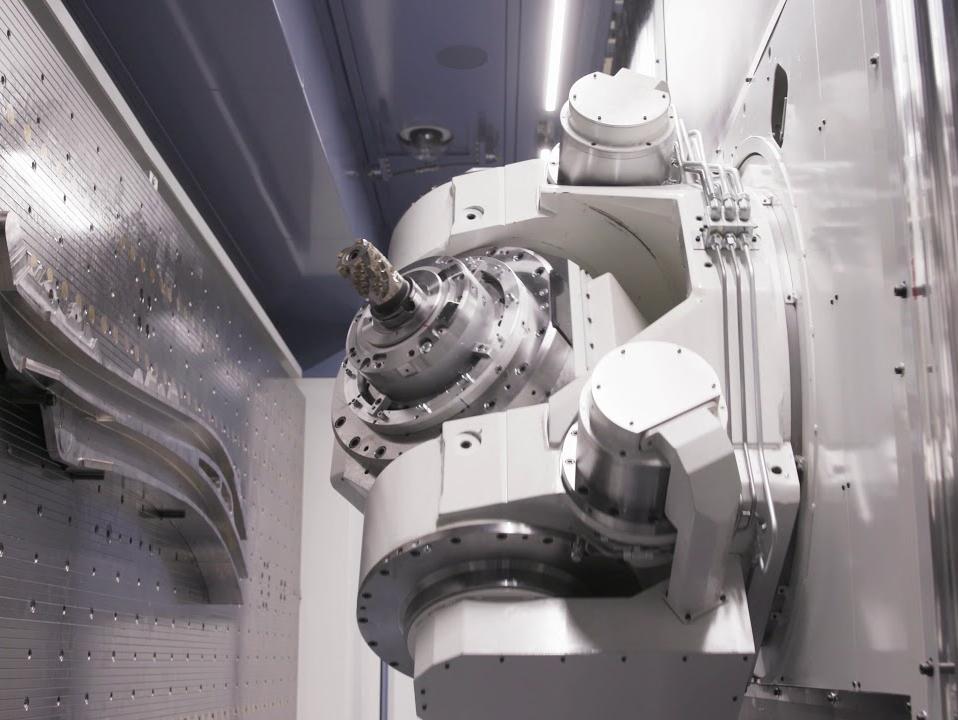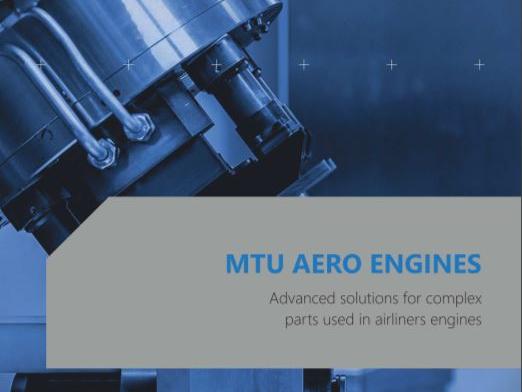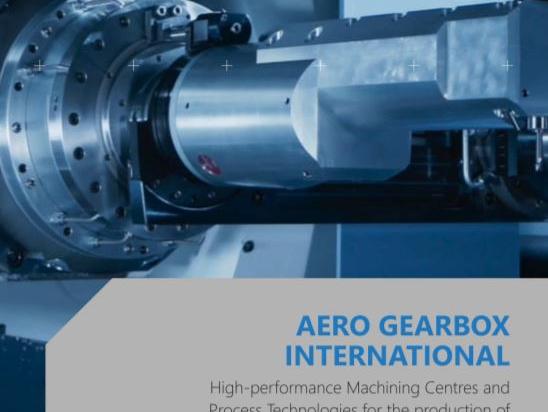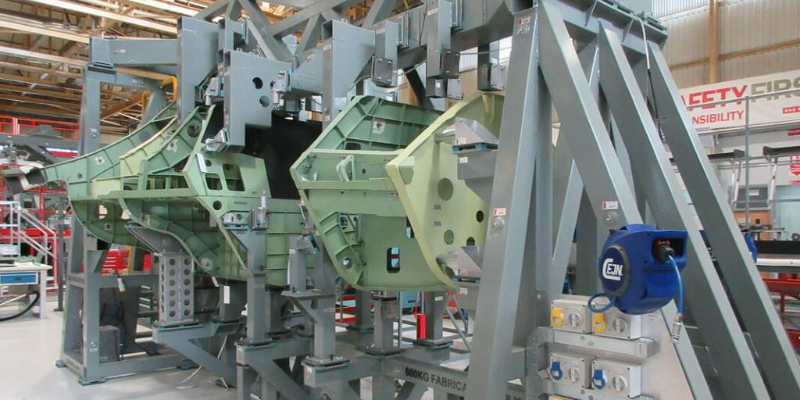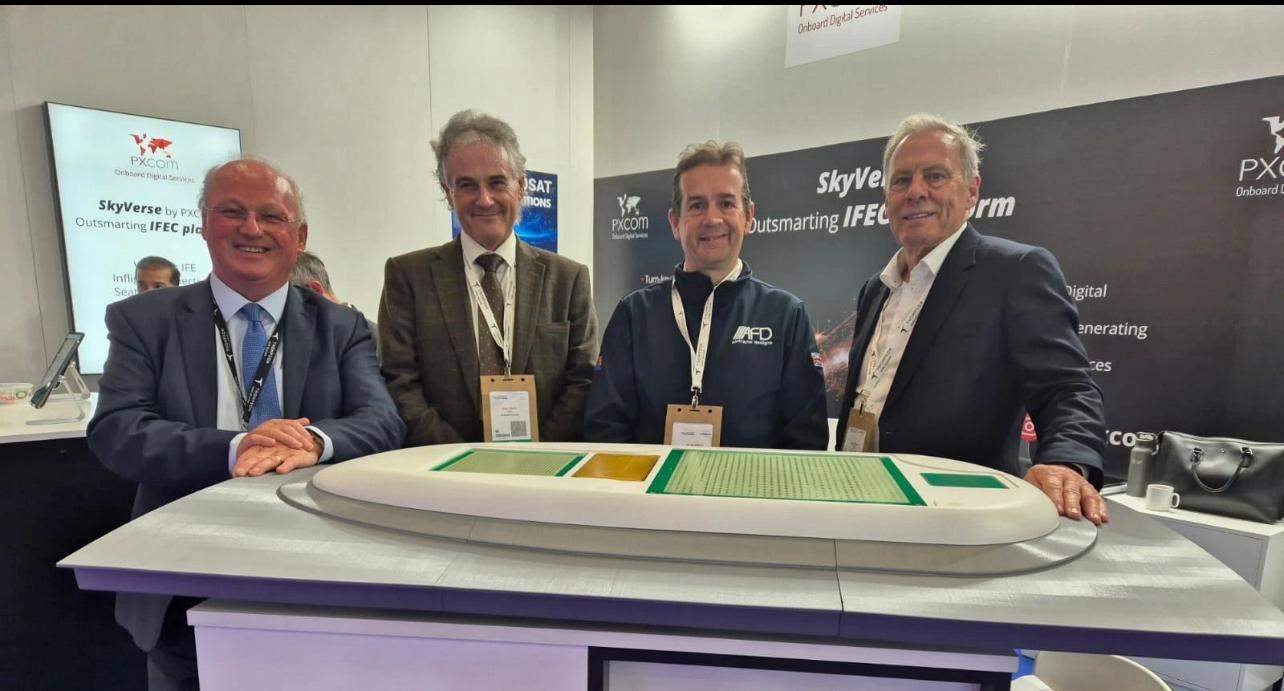
A leap in manufacturing technology
10th Jun 2019 | In News | By Mike Richardson
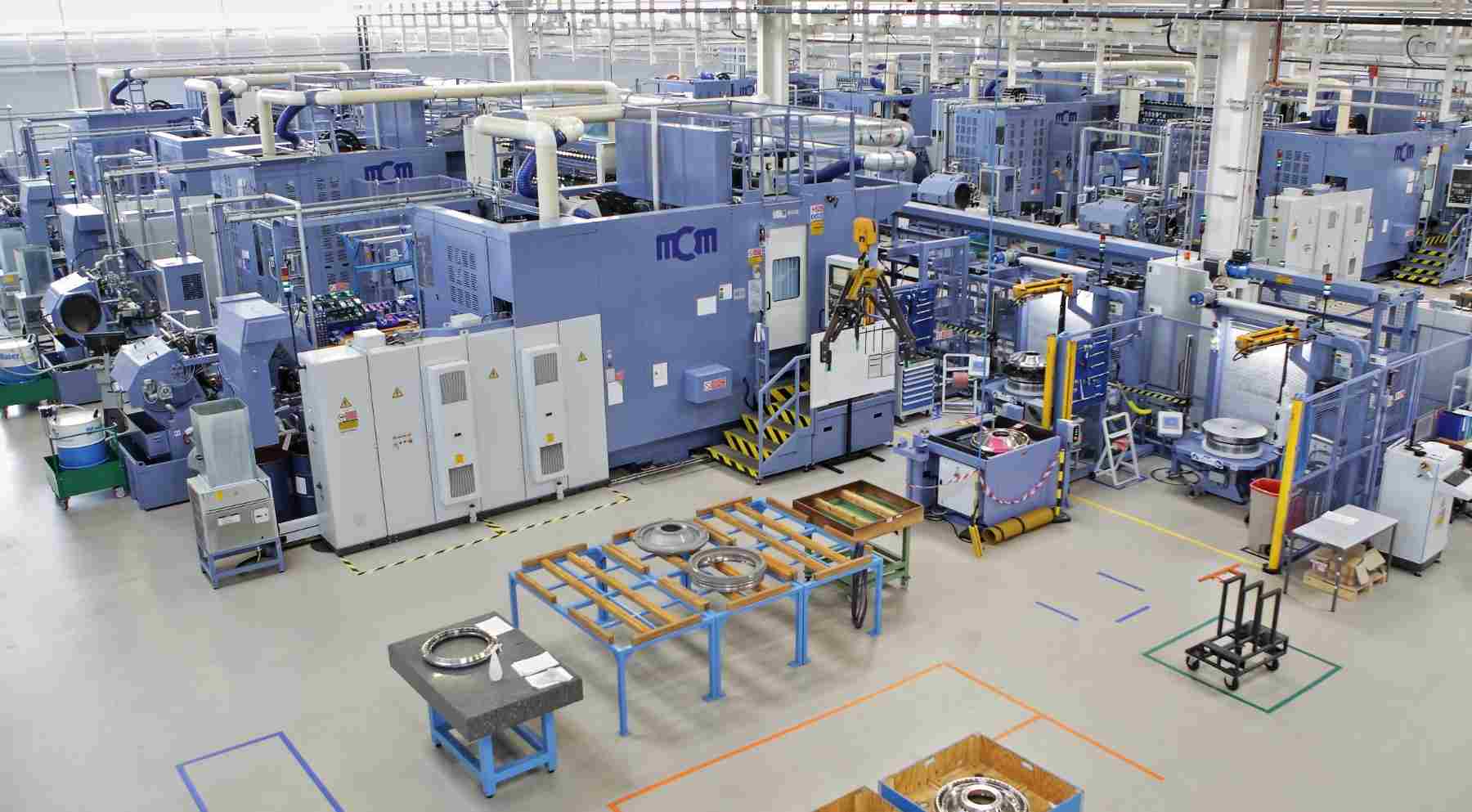
Italian tailoring has a long-established reputation for elegance and style and although it may be a crude comparison, much the same could be said for the country’s approach to engineering.
A company that epitomises this perception is MCM (available in the UK through sole agent, RK International Machine Tools). Based in the Piacenza region of Northern Italy, MCM (Machining Centres Manufacturing) technology can be found in some of the world’s most eminent engineering OEMs, where it provides not just sophisticated machine tools but complete turnkey flexible manufacturing systems (FMS).
The core of its manufacturing systems is its 4- and 5-axis horizontal machining centres that are all highly customisable. Virtually any configuration is available as all the machine structures, spindles, rotary tables, tool management, pallet handling systems and software are designed and developed in-house. It’s this multidisciplinary approach that is key to the company’s success according to MCM CEO, Gian Luca Giovanelli.
“We completely own our technology which means we can perform to our key strengths,” he states. “Our staff are our greatest resource; they give us the flexibility and technical know-how we need. Our strength is not just our machining centres, but that they can be integrated with other benefits, such as flexible automation, system integration, supervising software and manufacturing (or process) technology, to give customers highly adaptable flexible manufacturing systems.”
In most instances, MCM’s machine tools are linked to its own FMS and these can also be linked to other process technology such as EDMs or washing stations. MCM’s own systems integration and management software jFMX, described as a link between a company’s ERP system and the machinery on the shopfloor, can automate information flows related to technical data and integrate CNC machines with engineering offices, production planning, quality control and CAD/CAM systems as well as manage maintenance schedules from the cloud.
Upping the volume
When Safran Aircraft Engines began manufacturing components for the new LEAP engine, developed in conjunction with GE as part of the CFM consortium, it approached MCM to help increase the speed of its manufacturing of complex parts such as turbine discs and fan casings now the engine was entering full scale production. The throughput had become significantly greater than Safran’s previously installed system, composed of a series of vertical lathes and horizontal-axis machining centres connected by wire-guided shuttles could cope with.
The new fan casings for the LEAP engine are made from a nickel alloy with advanced mechanical properties, including high structural strength even at very high temperatures, typical of the interior of jet engines.
This characteristic, however, limits the material’s ductility. The alloy hardens at the cutting temperatures developed during material removal and poor thermal conductivity leads to a concentration of heat at the tool-swarf cutting face, as well as causing significant stress and wear to the cutting inserts caused by chemical diffusion.
The machines previously installed at Safran Aircraft Engines were not suited to machining the new material; the maximum pressure of the coolant supply at the point of machining was insufficient the evacuation of swarf.
The spindle torque was also too small for the demands of the material. The high level of force required for the material removal can also cause significant mechanical stress in the components being machined.
In the case of the fan casings, with particularly thin walls, the risk of deformation of the component was very high, so the most significant technological challenge for MCM was to develop the best machining strategy with the customer. This required a dedicated analysis of the machining cycle, including the clamping, the cutting parameters and positioning in order to allow the balancing of the tension and mechanical stress on the workpiece to prevent deformation.
MCM, in conjunction with the customer, developed a dedicated solution to all the technical hurdles encountered in the Safran Aircraft Engines turbine disc production line. This included a new industrial building for the FMS installation.
So far, MCM has supplied 12 machining centres, set up as three FMS lines. Each composed of four MCM TankG 1600 machines. These machines are multitasking, and capable of combining milling and turning operations, optimising the layout of the production site and reducing the number of machining operations and the flow of semi-finished parts in transit.
The structure of the TankG 1600 with a working area of: 1,600mm (X), 1,010mm (Y) and 1,400mm (Z) offers a high level of rigidity, making the machine extremely tough and stable. The machine, with rapid feeds of 50m/min, is able to support both the significant cutting forces and the inertia due to the high level of dynamics designed into it.
To undertake the machining strategy for the fan casings and turbine discs, an unusual feature of the machines at Safran is the use of a system known as a ‘5-axis vertical table’. This is installed on the rotary table and is able to position the workpiece and the pallet as part of a group with a horizontal rotation axis. This also optimises the turning operations and provides ideal swarf removal from the component. Integral to the 5-axis vertical table is the spindle, which allows turning operations of up to 500rpm.
This solution has led to the adoption of a custom-built 45° pallet change system, which is able to take the pallet from the FMS (where the pallet is horizontal) and position it vertically in the working area of the machine, with a horizontal rotation axis. The TankG 1600 milling spindle has a power output of 60kW, with 8,000rpm maximum speed and 487Nm maximum torque with a Capto C8 interface. A high-pressure coolant system provides pressures of up to 250bar during the turning operations which guarantees an optimum cooling for the cutting operations and reduces the friction phenomena leading to limited wear resistance of the inserts.
The operator stations offer the ability to balance and centre workpieces before they enter the production system. This is due to high-precision bearings and control systems, as well as a dedicated component loading station, including electric tools for the workpiece fastening. All these solutions reduce and eliminate chatter caused by imbalances in the workpiece when the component is being turned and prevents abnormal stresses in the machine, the cutting tools and, more generally, a significant decrease in rejected parts. The machining centres are aligned to share pallets and tool storage options, allowing maximum production flexibility and the ability to distribute machining operations between the various machines. Each machine is able to access a total of 597 tools from the shared tool storage.
Smarter software
Each element of the system is managed by special functions and MCM’s jFMX software. jFMX provides real-time co-ordination and management of all the system's functions and resources, and constantly processes an enormous quantity of field data. It also supplies a range of information on the productivity, efficiency and availability of the entire FMS, i.e. the essential principles of Industry 4.0. This information helps understand production trends, optimises resources, as well as minimising machine downtime.
MCM’s founders were nine engineers driven by a passion for engineering. Their first machining centre was named ‘Progress’ which seems highly appropriate for a company that is driven by innovation and places such faith in the talent of its engineers to provide customers with such sophisticated manufacturing solutions.
MCM will be at the Paris Airshow in hall 1, stand G300.
Consider a free digital subscription
If you find this article informative, consider subscribing digitally to Aerospace Manufacturing for free. Keep up to date with the latest industry news in your inbox as well as being the first to receive our magazine in digital form.


